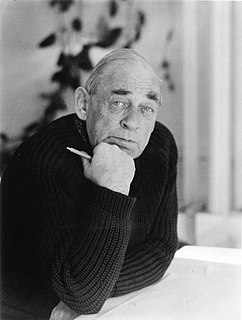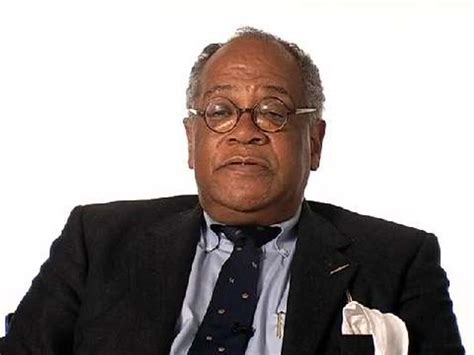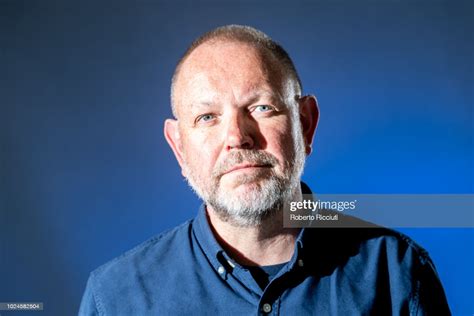A Quote by Jacques Maritain
In loving things and the being in them man should rather draw things up to the human level than reduce humanity to their measure.
Related Quotes
The sciences that purport to treat of human things -- the new scientific storyings of the social, the political, the racial or ethnic, and the psychic, nature of human beings -- treat not of human things but mere things, things that make up the physical, or circumstantial, content of human life but are not of the stuff of humanity, have not the human essence in them.
Christianity does not want us to reduce by one atom the hatred we feel for cruelty and treachery. We ought to hate them. Not one word of what we have said about them needs to be unsaid. But it does want us to hate them in the same way in which we hate things in ourselves: being sorry that the man should have done such things, and hoping, if it is anyway possible, that somehow, sometime, somewhere he can be cured and made human again.
Christianity affirms that at the heart of reality is a Heart, a loving Father who works through history for the salvation of His children. Man cannot save himself, for man is not the measure of all things and humanity is not God. Bound by the chains of his own sin and finiteness, man needs a Savior.
The Idols of Tribe have their foundation in human nature itself, and in the tribe or race of men. For it is a false assertion that the sense of man is the measure of things. On the contrary, all perceptions as well of the sense as of the mind are according to the measure of the individual and not according to the measure of the universe. And the human understanding is like a false mirror, which, receiving rays irregularly, distorts and discolors the nature of things by mingling its own nature with it.
Successful businesses measure and count things. I think that's a safe assumption on top of which we can drop the following hypothesis: unsuccessful business either measure nothing, the wrong things, too many things, or finally, they measure the right things but they don't communicate the measurements efficiently.
Enjoy life and change things. And maybe by giving examples of people who achieve things, who succeed, who are proactive and being happy and facing their own destinies, rather than accepting what the world throws at at them - we should fight! Not like street fighting, but the little act of defiance every day.
Monsters remain human beings. In fact, to reduce them to a subhuman level is to exonerate them of their acts of terrorism and mass murder — just as animals are not deemed morally responsible for killing. Insisting on the humanity of terrorists is, in fact, critical to maintaining their profound responsibility for the evil they commit. And, if they are human, then they must necessarily not be treated in an inhuman fashion. You cannot lower the moral baseline of a terrorist to the subhuman without betraying a fundamental value.
The question should not be 'What would Jesus do?' but rather, more dangerously, 'What would Jesus have me do?' The onus is not on Jesus but on us, for Jesus did not come to ask semidivine human beings to do impossible things. He came to ask human beings to live up to their full humanity; he wants us to live in the full implication of our human gifts, and that is far more demanding.
I learned in America a long time ago, the three R's, the principle of three R's - reuse, reduce, recycle. And as I say those words, there are so many things individually we can do to reduce - we don't need to consume as much as we are consuming. Reduce. And by reusing, we can reuse a lot of things we just throw into the dumpsite. And reduce the production. The more we reuse, the more we can reduce.
Taking the things people do wrong seriously is part of taking them seriously. It’s part of letting their actions have weight. It’s part of letting their actions be actions rather than just indifferent shopping choices; of letting their lives tell a life-story, with consequences, and losses, and gains, rather than just be a flurry of events. It’s part of letting them be real enough to be worth loving, rather than just attractive or glamorous or pretty or charismatic or cool.








































